
The opening of Gabriela Ybarra’s debut novel (longlisted for the 2018 Man Booker International Prize) explains its title:
The story goes that in my family there’s an extra dinner guest at every meal. He’s invisible, but always there. He has a plate, glass, knife and fork. Every so often he appears, casts his shadow over the table and erases one of those present.
The first to vanish was my grandfather.
[translation by Natasha Wimmer]
The novel narrates and juxtaposes two deaths in the author’s family; a prefatory note suggests that this is Ybarra’s way of trying to come to terms with what happened.
The first part of The Dinner Guest focuses on Ybarra’s grandfather Javier, a Basque politician who was kidnapped by separatists in 1977 (six years before the author was born), then killed after a month of unsuccessful negotiations. The second section mostly concerns the death from cancer of Ybarra’s mother. There lies the contrast at the novel’s heart: on the one hand, public events which are told at a certain remove; on the other, a more private, intimate loss.
There are some poignant moments as Ybarra depicts her mother’s decline, but the novel is also striking when she brings the different strands together. For example, Ybarra searches the internet for images of the man who sent her father a package bomb in 2002, and finds herself experiencing a particular that she can’t quite pin down:
Looking at pictures of him, I feel the same way I do when I look at images of cancer cells. I don’t think about the threat, but about the story conjured up. The images of the tumours look like galaxies, and when I look at them, I tell myself stories about space.
It’s that impulse, to make stories out of what could be seen as threatening, which drives the form of this novel. The intersection of those different stories is intriguing.

This post is part of a series on the 2018 Man Booker International Prize; click here to read the rest.
Book details
The Dinner Guest (2015) by Gabriela Ybarra, tr. Natasha Wimmer (2018), Harvill Secker, 160 pages, paperback (source: review copy).
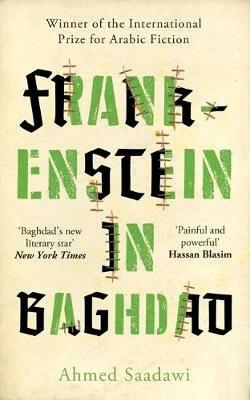
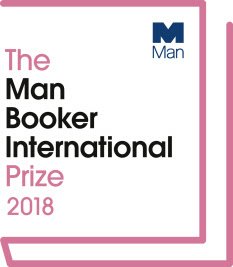
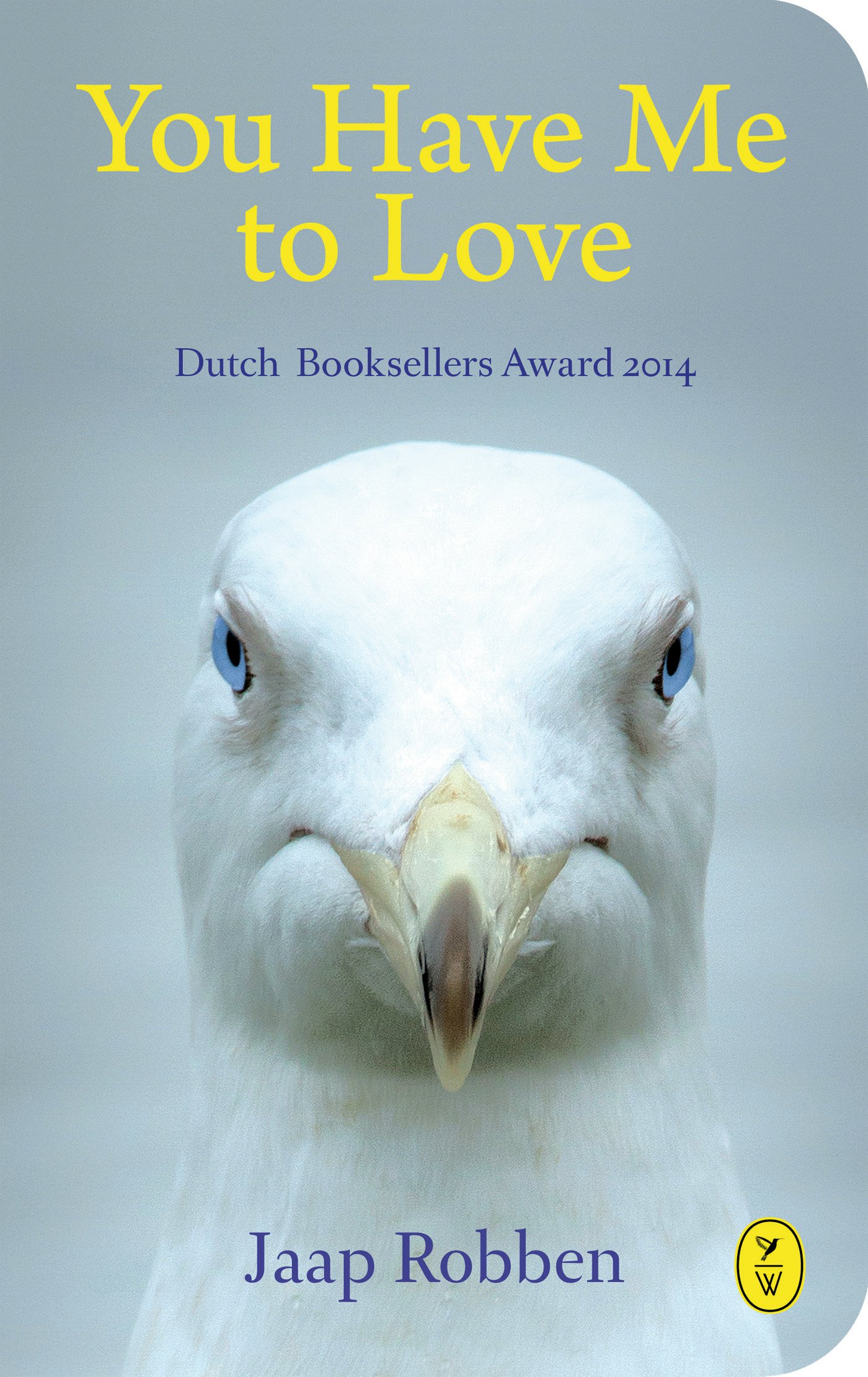
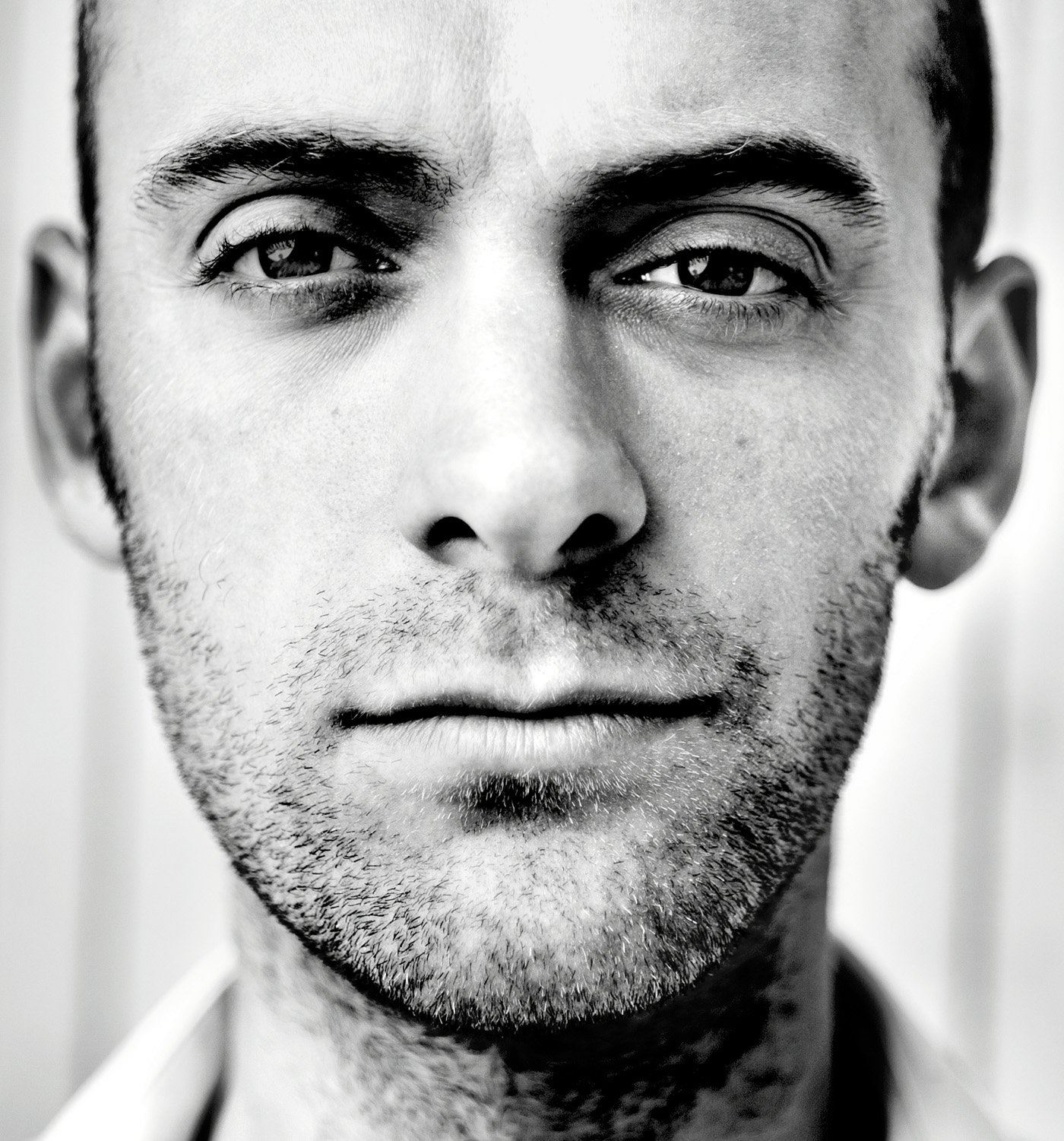
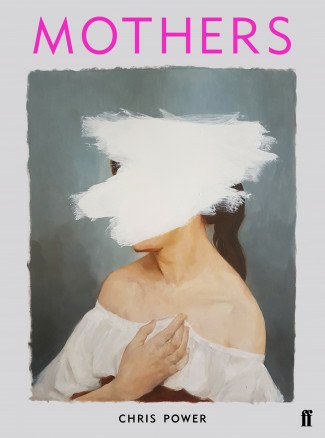
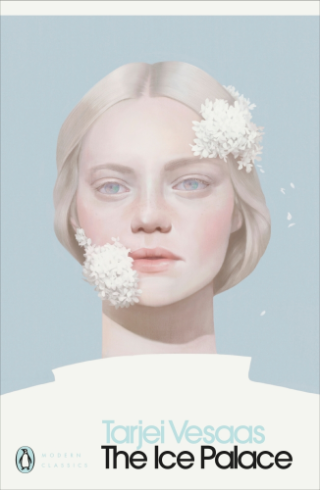

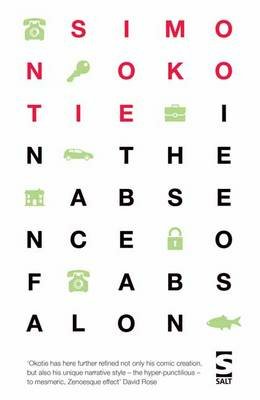
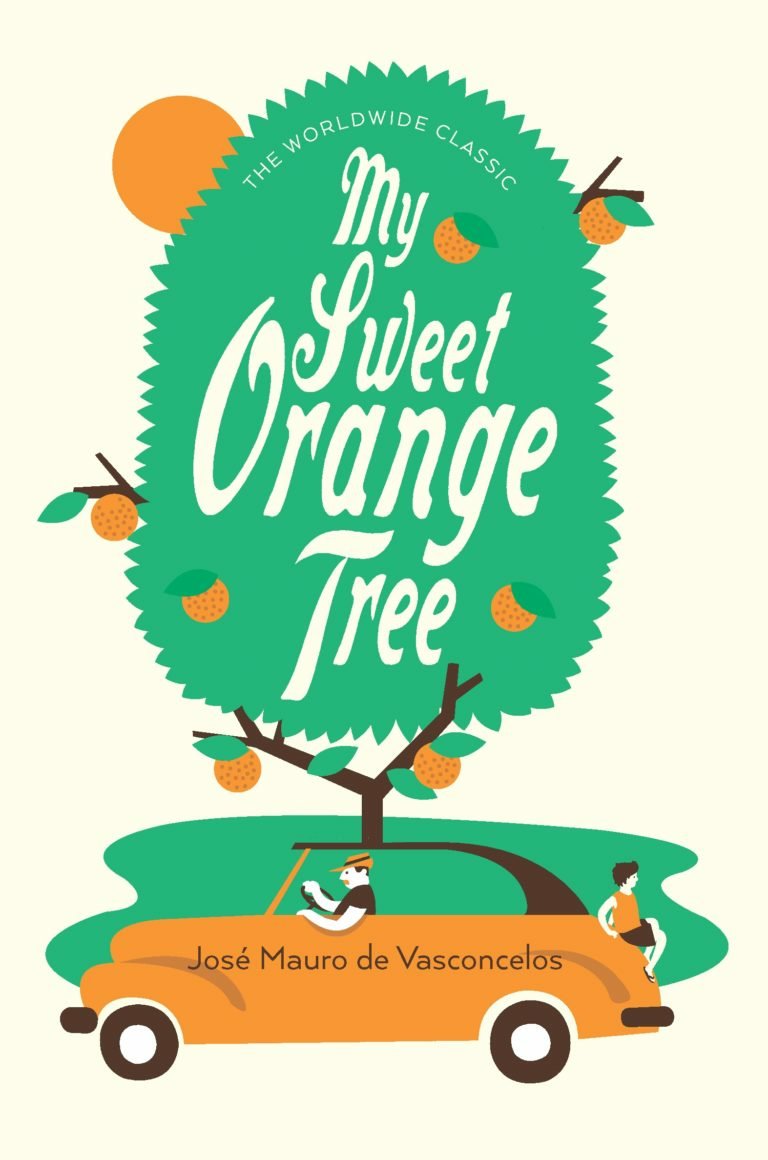
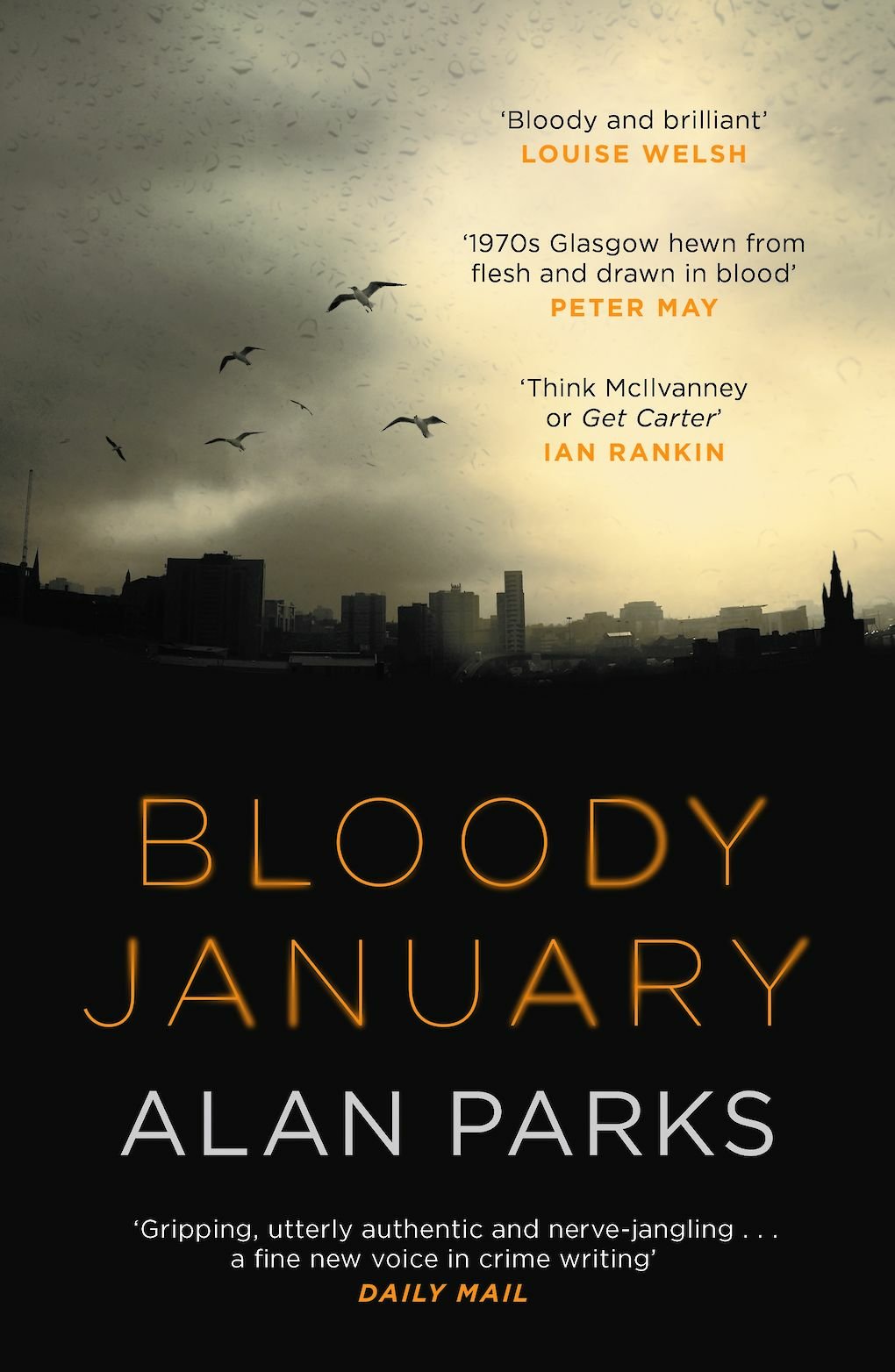

Recent Comments